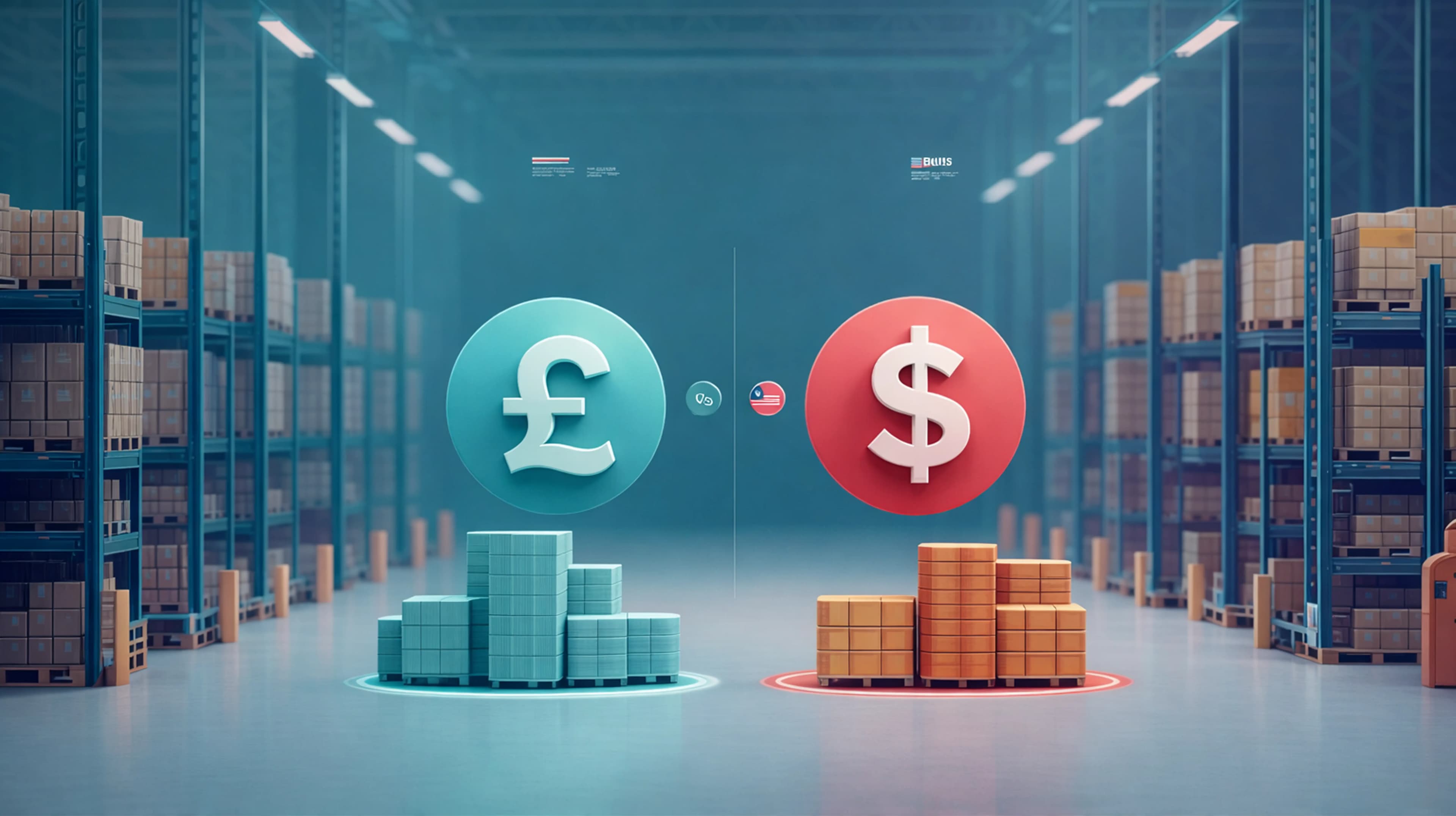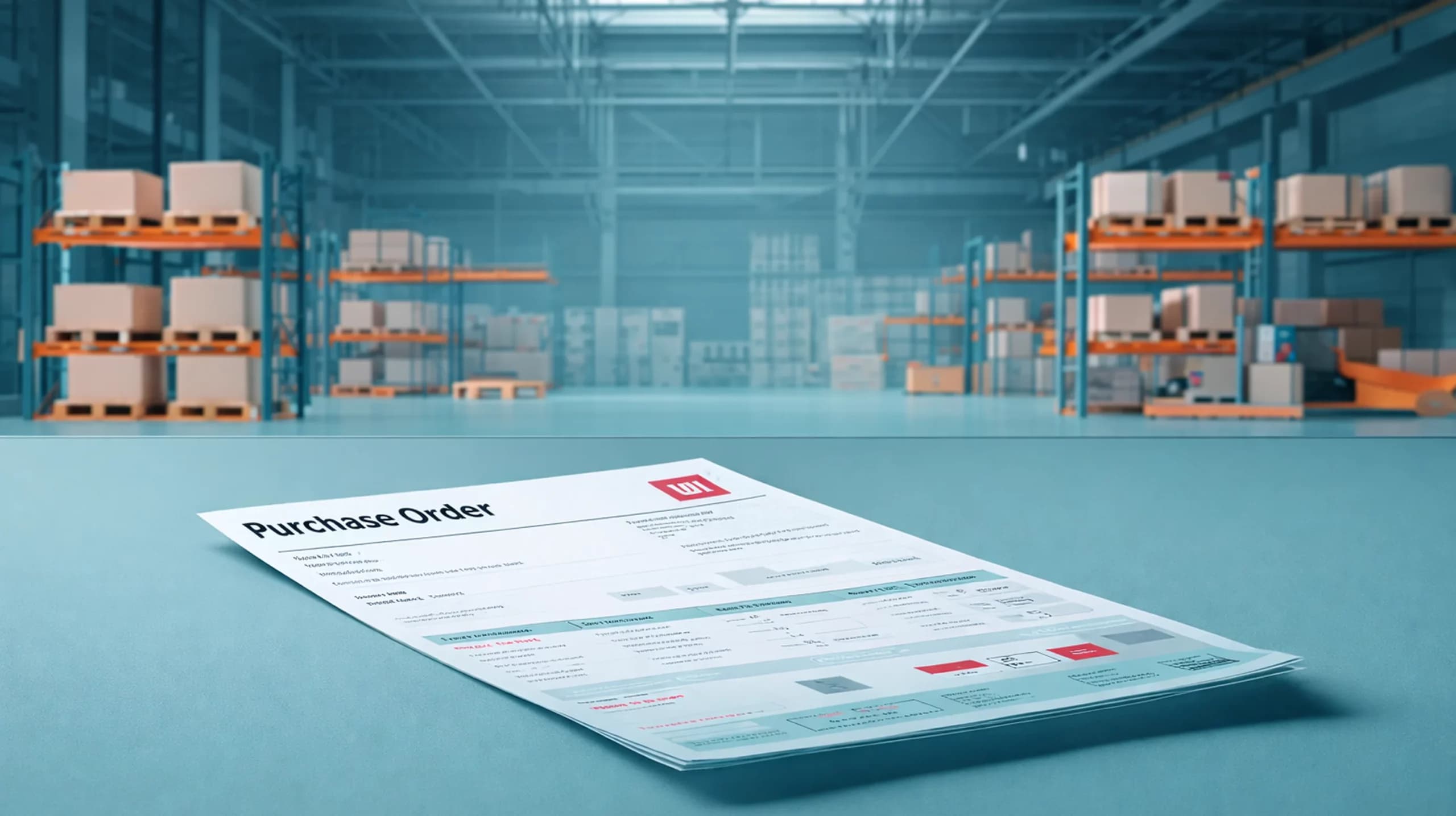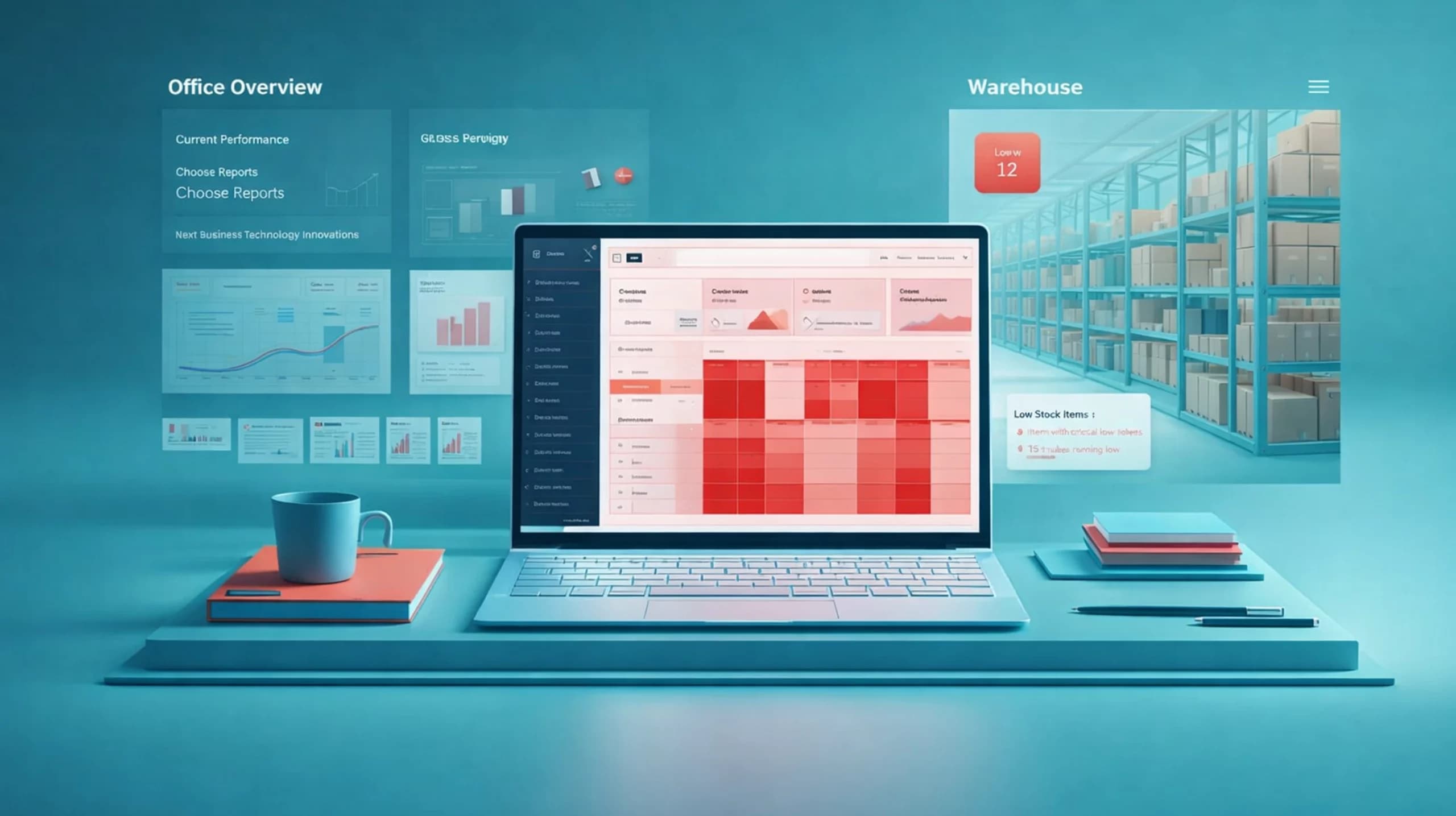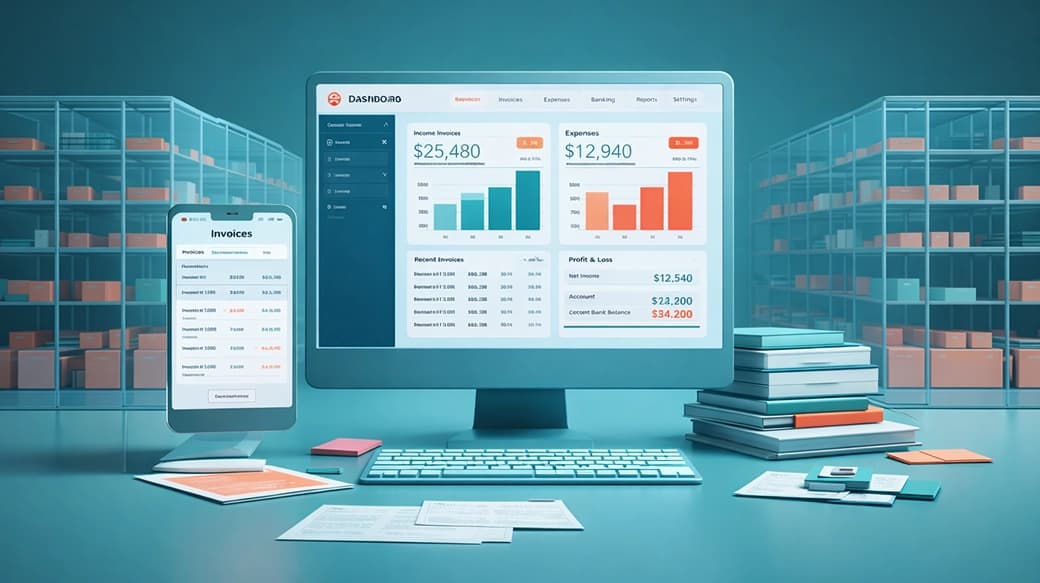Simplisales B2B Ecommerce Blog
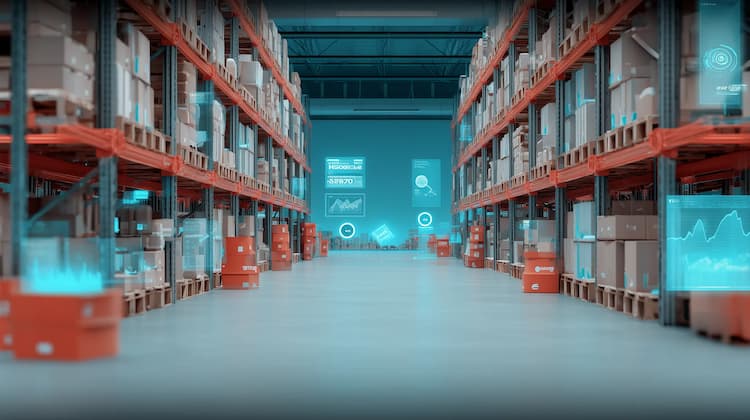
AI-powered predictive inventory management helps wholesalers avoid stockouts, reduce excess inventory and plan purchasing with far greater accuracy by analysing historical sales, seasonality, supplier lead times, customer behaviour and market trends. Traditional methods like spreadsheets and guesswork can’t keep up with today’s fast-changing demand, leading either to shortages that damage trust or overstock that locks ...
8 min readRead More
Intelligent data-driven decision-making and the associated elimination of guesswork direct the transition of wholesale logistics through AI. No longer dependent on intuition, distributors have the opportunity to improve routes, forecast delivery times, minimise fuel and labour costs, and provide complete transparency to customers. Compared to human planners, AI is able to see live traffic, weather, ...
6 min readRead More
Often regarded as a drag, returns in the wholesale are now seen as a tool of survival in a data-centric, digital-first era. In contrast to seeing reverse logistics as an expense, visionary wholesalers are taking it a step further by making profits out of it with the help of automation, analytics, and intelligent stock reallocation. ...
7 min readRead More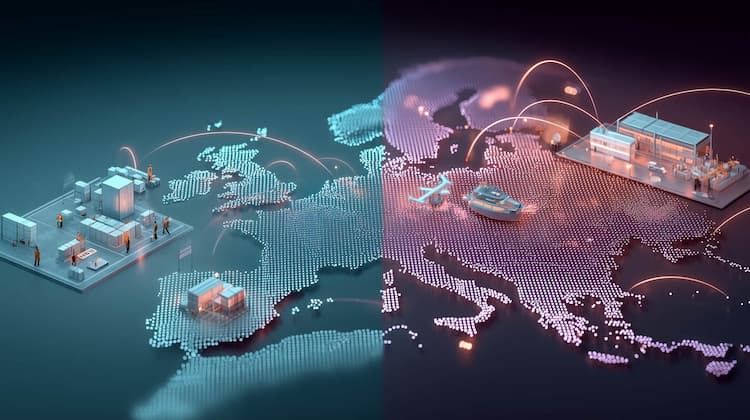
The idea of “selling globally” used to sound like something only massive corporations could do. But thanks to digital transformation and B2B eCommerce platforms, the playing field has changed. Today, even small and mid-sized wholesalers can expand internationally with the right tools and strategy.
6 min readRead More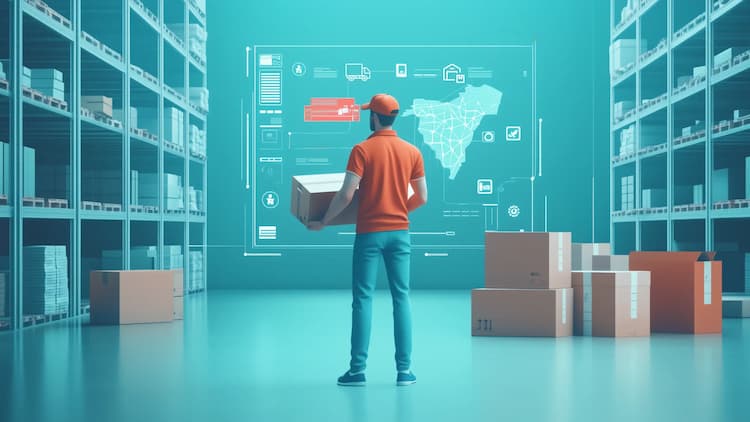
When you consider expanding your wholesale business, likely the first thing that comes to mind isn’t packaging. Sales, inventory, logistics, and customer relationships are your focus. And then suddenly, boom—goods in the warehouse sustain damage, costs take a sharp upward turn, and customers lodge complaints. Yep, it seems the packaging just made itself impossible to ...
5 min readRead More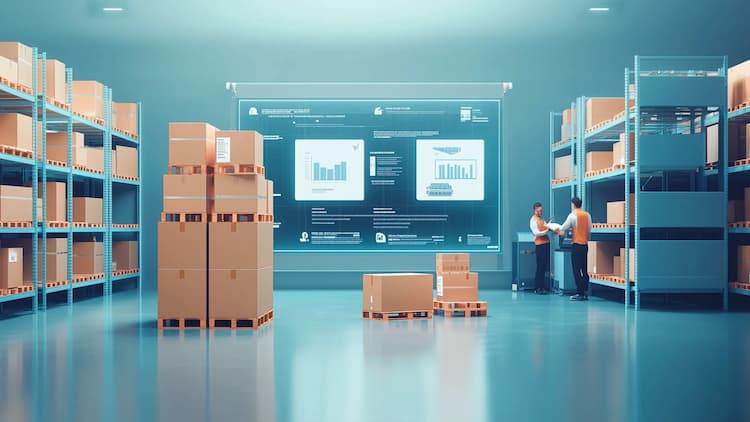
The management of inventory is a very important task for any business that deals with physical things, but the strategies applied in a B2B (business to business) and in a B2C (business to customer) are very different. These two operations are both characterised by the need to forecast accurately, execute stock control and efficiently order ...
5 min readRead More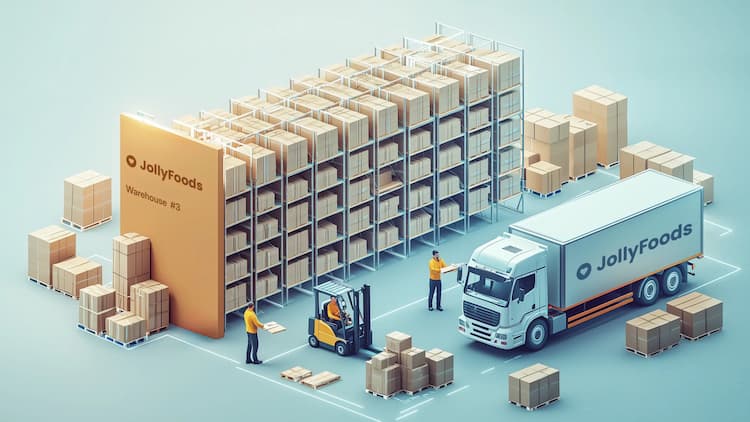
Supply Chain Management (SCM) has great importance in the business to business (B2B) sales by means of reducing costs, lowering prices, and increasing customer satisfaction. SCM sales are short of improving the efficiency of good movement, improving the movement of logistics, and strengthening vendor relationships to improve business performance in product delivery. In this guide, ...
5 min readRead More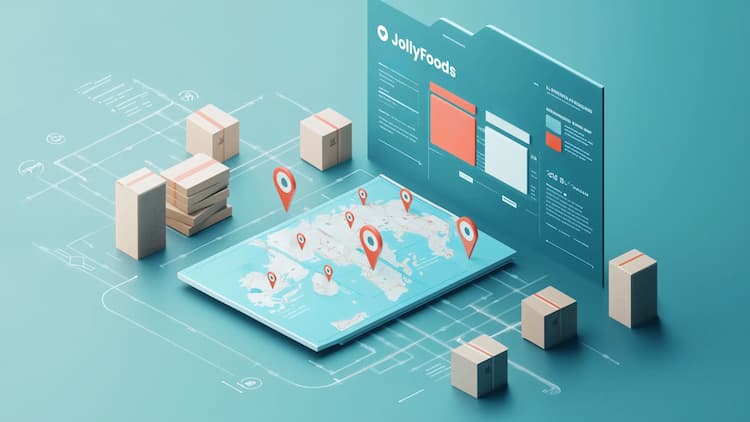
Multi-warehouse inventory management helps B2B businesses optimise stock across locations, reduce costs, improve visibility, and enable faster, more efficient deliveries.
5 min readRead More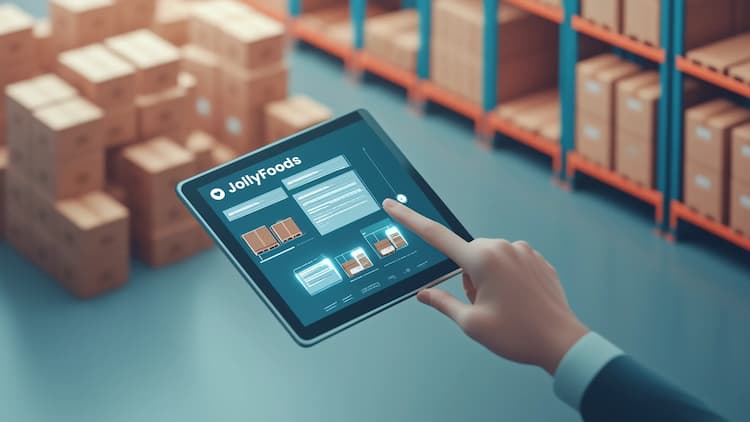
Inventory management for B2B and B2C businesses differs significantly due to their unique operational and customer requirements. B2B focuses on managing bulk orders, long-term contracts, and predictable demand, requiring strategies like bulk purchasing, Just-in-Time (JIT), and strong supplier relationships. In contrast, B2C prioritises flexibility, fast turnover, and omnichannel integration to meet fluctuating consumer demand and ...
7 min readRead MoreIndustry news straight to your inbox
Get the latest commerce news, trends, and strategies to grow your business
Subscribe to newsletter
By submitting this form, you agree to receive promotional messages from Simplisales
